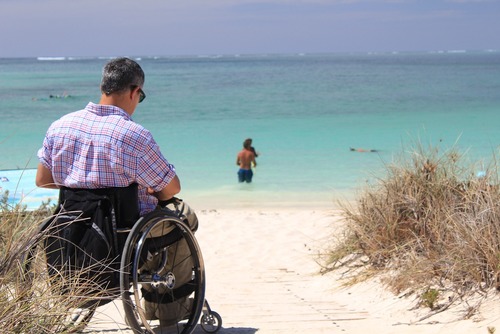However, if you do your research and take advice from experts, there is no reason why your next school trip shouldn’t be enjoyable for both you and your pupils.
Read our ultimate step by step guide with top tips on how you can make your school trip planning experience as stress-free and efficient as possible.
1. What Do You Want to Do?
Firstly, you will need to decide what is the purpose of your trip? Is it for educational or fun purposes? How much time do you have available? What sights and things to you want to do? Once you have this clear you will have a better idea of ideas and how much time to spend travelling.
2. Decide Where to Go
There are so many unique destinations both at home and abroad so deciding where to go can be important. You will need to work out what budget your school and students have available which can determine a destination.
3. Contact The Experts
Of course, you will never be expected to plan a school trip on your own from scratch. There is far too much to consider in terms of location, costs, safety, activities, and so on.
The best option to take when planning a school trip is to get in contact with student travel companies who will take a lot of the work off your hands. These companies are specifically designed to offer you a variety of school trip options, taking your needs and preferences into consideration.
Once you are in touch with a travel company, the next task will be deciding what location to head to. Ensure that you choose a location which provides many activities for your students and enriches them on knowledge to give them the best experience possible.
4. Organisation
To stay organised throughout the whole process, keep timelines and checklists so that you don’t end up forgetting important tasks. A lot goes in to the creating of a school trip and it is essential that the process is as straightforward and controlled as possible.
The last thing you want is unhappy students! Note down all important details and keep documents in safe places. Time chunk your tasks and keep a diary of important dates.
5. Risk Assessments
As you will be supervising a large amount of students, carrying out risk assessments is a vital part in the planning of a school trip. Ensure that you have covered all risk possibilities in the following areas:
- Accommodation
- Transport
- Excursions
The concept of a risk assessment is pretty simple. If someone is in danger, then a risk assessment is necessary in order to ensure that unfortunate events are unlikely to take place.
The main goal is to ensure that all students (and yourself) get home safe and sound. Be sure to take these factors into heavy consideration:
- Someone identifying a hazard
- Putting judgement on the severity of harm that may be encountered
- Putting in place necessary control measures to rectify the problem
6. Promote
Once everything is settled and the trip is in the calendar, you’ll need to promote your trip. This often gets ignored when planning an excursion, but it is very important! Get the buzz going around your students with posters and itineraries.
7. Enjoy
Lastly, just make sure that you have a good time! This trip should be just as enjoyable for you as it is for the students!
Related Pages








